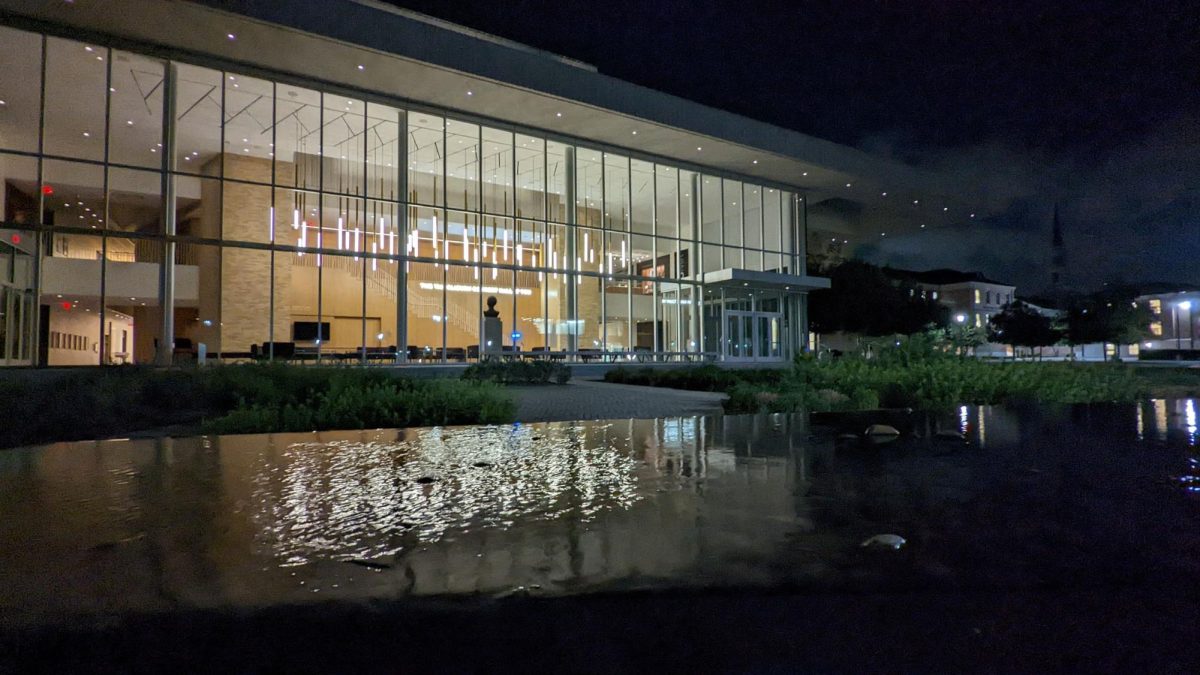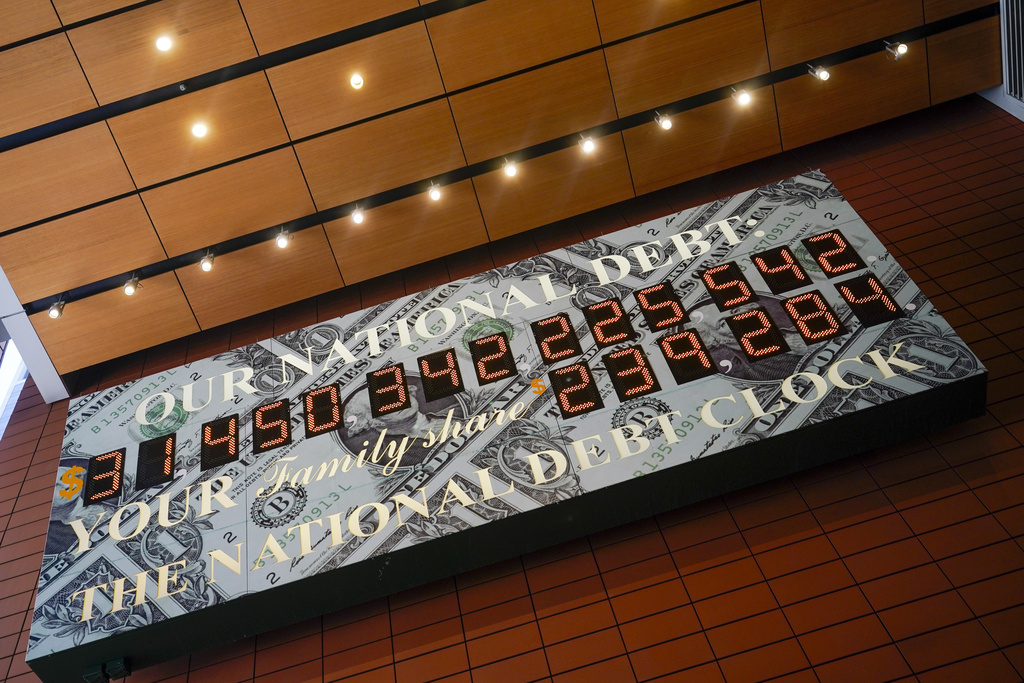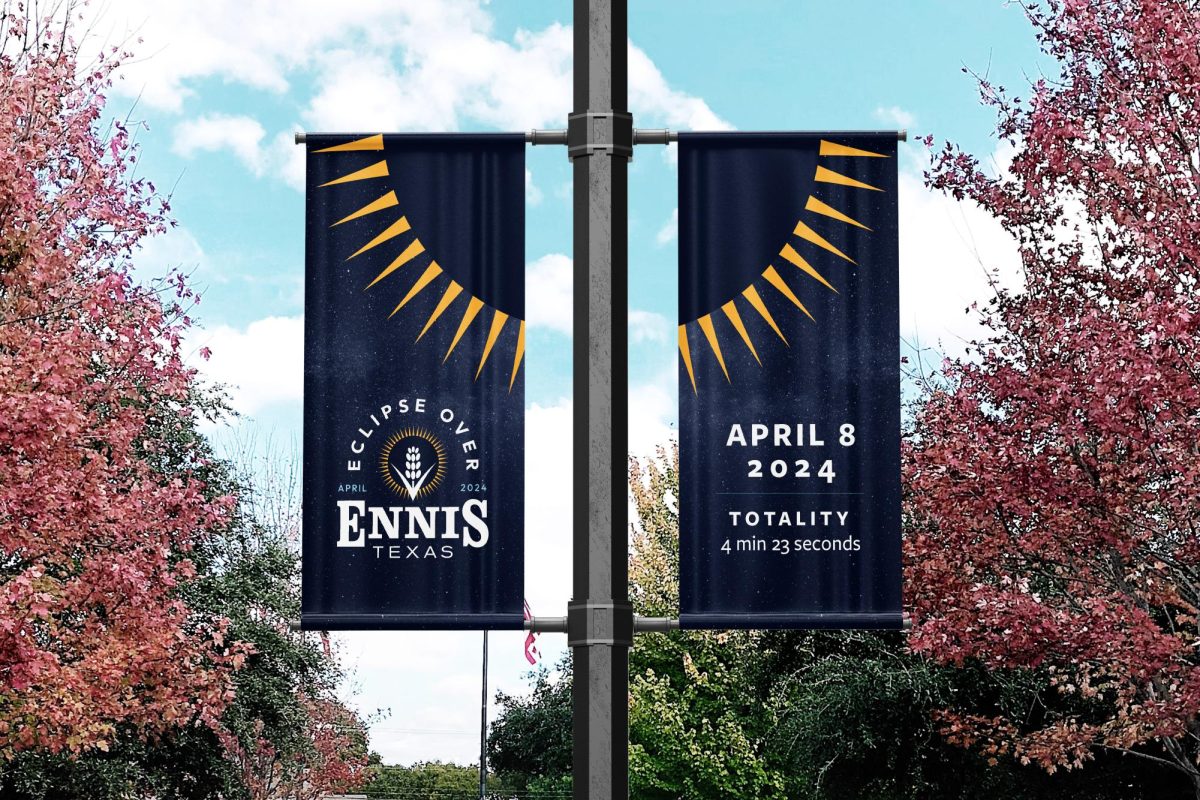The 76109 zip code is currently under a West Nile Virus watch, but as of late last week, city officials said no ground spraying was needed.
The 76117 zip code, just west of the 109, is under a warning, Fort Worth Code Compliance Department Director Brandon Bennett said Thursday night at an informational meeting at Faith Lutheran Church. Human cases of the virus have been confirmed in both zip codes. Luther Lake, just west of Ridglea Country Club in the 76117 zip code, has been identified as a “hotspot” for mosquitoes, Bennett said.
As of Sept. 6, 69 human cases of the virus had been confirmed in Fort Worth, according to county health department data.
Ground sprays were made last week on the city’s northwest side. The chemicals used in the spray are not harmful to humans or pets, but the city is still hesitant to spray, treating it as a last resort, area-specific option, Bennett said.
“The spray is non-discriminate in what it kills,” Bennett said. “The city doesn’t want to kill everything.”
One resident at the meeting questioned the city’s decision to not spray at this time, especially since it doesn’t pose any harm to humans or pets.
“If there’s no danger to spraying, then why the hell not do it?” said a woman who attended the meeting.
In lieu of spraying, Bennett encouraged residents to remember the four D’s: Stay indoors at dusk and dawn, dress in long sleeves, use insect repellant that contains DEET and drain standing water in your yard and around your house.
If standing water is stagnant for seven to 14 days, it could become a breeding ground for mosquitoes carrying the virus, Bennett said. The city does have the power to obtain a warrant to pump pools that are stagnant. The recovery of mosquito populations following sprays is partly dependent on the number of source pools in the area, Bennett said. The seasonal period for the virus is nearing an end.
Residents of both zip codes had a chance to voice their concerns and questions Thursday night. Mark Dambro, a 109 resident who lives near TCU, said he hopes residents are aware of the various prevention methods designed to stop the spread of the virus.
“I’m concerned that we understand the problem, and what I can do to help it,” Dambro said. “The most important thing we can do is drain our ponds.”
As of late last week, Fort Worth had not planned on spraying the 109 for the virus, according to a press release sent out by Diane Covey, the public information officer for the city’s code compliance department.





